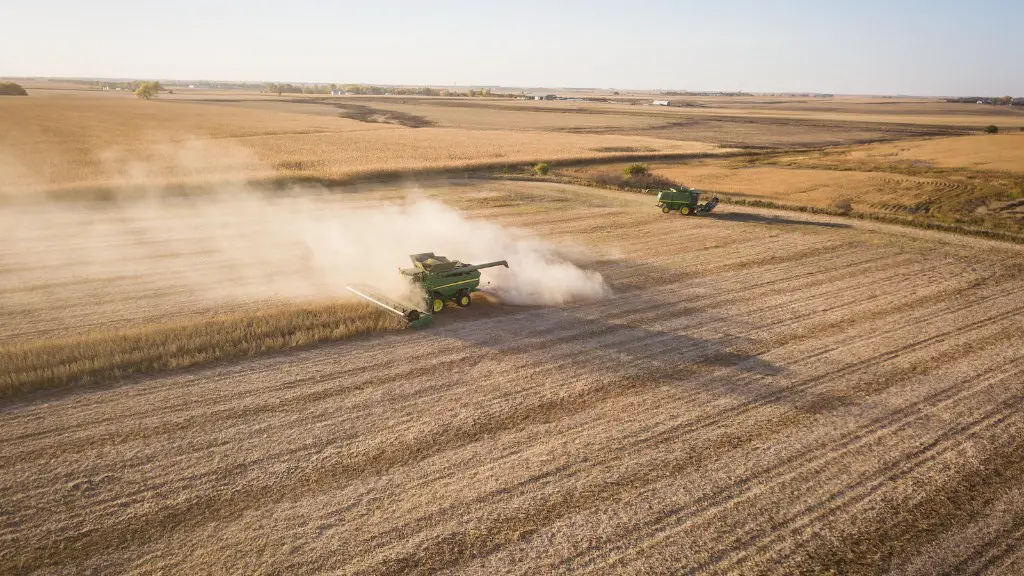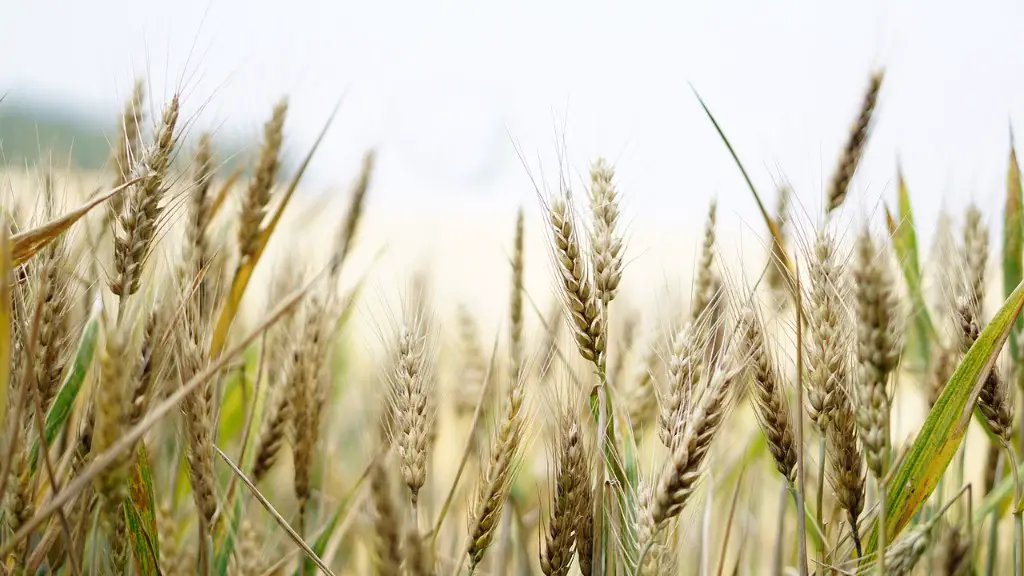The Occupational Safety & Health Administration (OSHA) sets and enforces standards to protect workers in all industries, including agriculture. Farmers, ranchers, and agricultural workers often benefit from the oversight and safety regulations set by the organization. OSHA standards regarding the safety of workers in agriculture are comprehensive, covering all aspects of the agricultural industry, from farming operations to pesticide use.
OSHA requires employers to provide a safe and healthful workplace for all employees, regardless of their occupation or the industry in which they work. In agricultural settings, employers must comply with OSHA standards that regulate the use of machinery, work in extreme weather conditions, hazardous substances, and access to appropriate sanitation and hygiene facilities.
Agricultural employers are also expected to thoroughly train their employees on the standards as well as the safe use of hazardous materials present on the farm. This includes proper labeling, handling, disposal, and emergency procedures. It is also the responsibility of the employer to ensure that all workers are aware of the potential dangers of their chosen occupation. Additionally, employers must be aware of any local, state, or federal laws and regulations that may affect the safety of their workers.
When it comes to protecting workers from hazards, OSHA standards also address the environment in which agricultural work takes place. On the farm, this can mean everything from ensuring that workers have access to clean, safe drinking water and restrooms to providing protection for workers exposed to pesticides or other hazardous materials. OSHA standards also cover the use of personal protective equipment, appropriate housing and barriers, control of excessive noise, and other environmental issues.
Overall, OSHA standards cover many aspects of agriculture, including safety, health, and environmental concerns. This will help ensure workers have adequate protection from harms and risks on the job. Safety in agriculture should be a priority for every farm and agricultural business.
OSHA’s Role in Ensuring Safety in Agricultural Industries
OSHA plays an important role in ensuring that agricultural workers are protected from working in hazardous and hazardous-prone environments. Whether those are extreme climates, exposure to deadly pesticides, or operating heavy machinery, workers should feel safe and secure working in fields, on ranches, and other agricultural settings. OSHA sets and enforces safety standards that ensure workers can do their jobs without fear of harm.
OSHA standards cover a variety of safety needs, from proper maintenance of tools and machinery to proper sanitation and hygiene standards on farms. Employers must comply with all of OSHA’s standards or face hefty fines. These standards can range from basic rules and regulations, such as machines must be properly put away or the use of personal protective equipment, to more complex rules written to mitigate the risk of certain hazardous tasks.
OSHA also plays a role in keeping workers informed and up to date on the potential hazards of agricultural work. Employers must regularly provide safety training for their workers to ensure that they understand any risks of their occupation. This includes identifying safety hazards and knowing how to avoid them. In addition to safety training, employers must also ensure that workers are aware of any current regulations and laws that relate to their work.
Overall, with the help of OSHA, workers in the agricultural industry can feel confident that they are doing their jobs safely and securely. This is essential to ensure that workers can do their jobs without fear of harm.
Meet OSHA Standards and Protect Workers in Agriculture
OSHA standards provide a framework for employers in agriculture to protect their workers from potential dangers. OSHA regulations cover every aspect of agricultural safety and health, from the use of tools and equipment to the environment in which a worker is employed. It is the responsibility of the employer to adhere to all of the regulations set out by OSHA.
Employers must also provide regular safety training to their employees. This is essential to ensure that workers understand the safety regulations, the potential hazards of their chosen profession, and the proper ways of avoiding harm. Employers should keep workers up to date on any changes to the regulations, laws, or local requirements they need to abide by.
Finally, employers must set up systems to monitor and practice safety on the job. This includes proper use of tools and equipment, regular maintenance, and periodic safety inspections. With these measures, businesses can ensure their workers are safe and healthy.
Safety Measures to Consider on the Farm
There are many safety measures that employers can and should take to ensure the health and safety of their workers. These measures are not limited to those set by OSHA, but can go even further and provide added benefits to workers. The following are some examples of safety measures that should be taken on the farm.
Providing workers with protective gear – such as respirators, goggles and ear plugs – is an important safety measure that employers can take. This should be mandatory for all workers, regardless of the industry. Additionally, employers should also ensure that their workers are aware of and understand safety procedures around the use of hazardous materials.
Employers should also provide proper maintenance and inspection of tools and machines. This will extend the lifetime of the equipment and ensure that it remains safe to use. Additionally, employers should create a system for properly disposing of hazardous material, as well as a system to respond to and contain any spills. Finally, employers should set up environmental controls to reduce potential health risks and noise pollution on the farm.
Provide Adequate First Aid Resources
Another important safety measure is to provide adequate resources for first aid in the case of an accident or illness. Employers should consider investing in a comprehensive first-aid kit and training employees on the use of the materials. Additionally, employers should provide prompt medical attention for employees if needed.
On the farm, it is also essential to be prepared to assist workers in the case of a medical emergency. This includes having access to a phone and the resources to contact a medical professional. It is also important to ensure that workers are aware of the best practices for responding to health-related emergencies.
Conclusion
OSHA plays an important role in protecting agricultural workers from workplace hazards. Employers should ensure that they are up to date with the safety standards and regulations set out by the organization. Additionally, employers can take additional measures to ensure the safety of their workers. This includes providing adequate first aid resources and proper maintenance of tools and machinery. Safety in the agricultural industry should be a priority for all employers.




